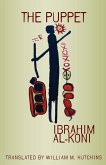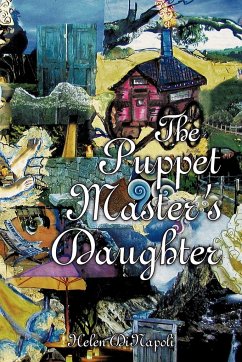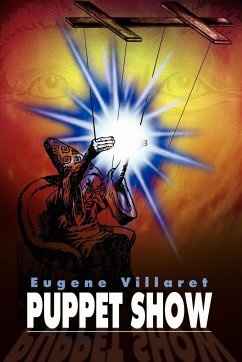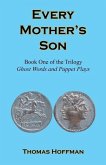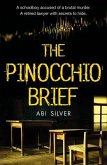There is really too much noise and nothing can be heard. From the tables in the large dining saloon of the Prinz Regent Luitpold the medley of sounds comes as from a telephone, with alternate tulness and intervals of quiet, and in scattered masses, like cloud rising and subsiding before a whirlwind. Every table serves as a nucleus for its own nebula, and the fringes get mixed with that next to it. English, French, Italian float in the air, intermingle, allowing for an instant some polite predominance to one or the other, but promptly breaking out again all together, each having the effect of endeavouring to drown the opposing sounds, and reproducing that telephonic babel which rendered conversation so completely. indistinguishable. My companion had to raise his voice he was a French lieutenant de vaisseau, and the commander of the submarine . . . .


